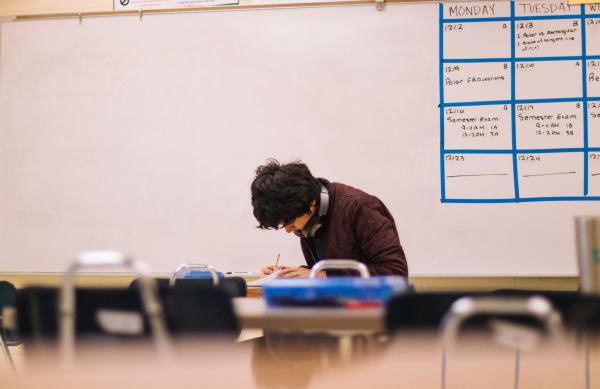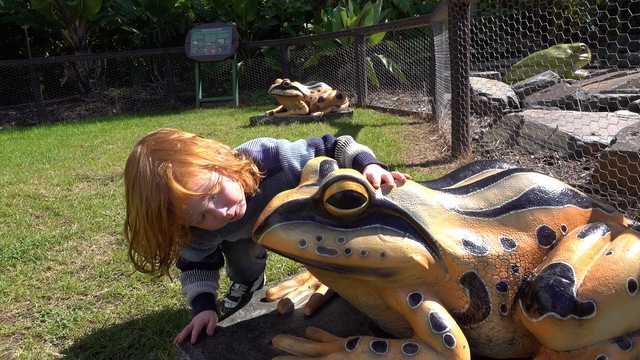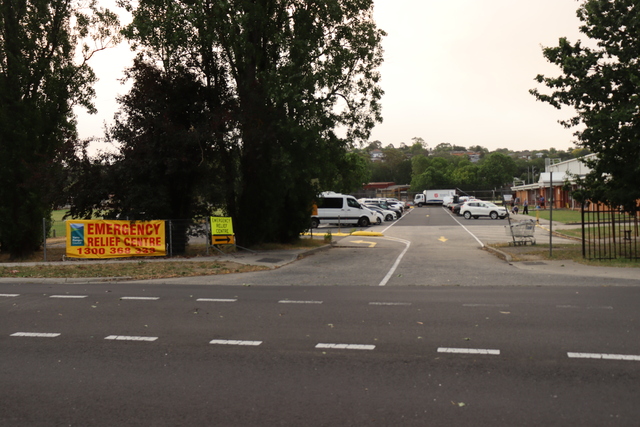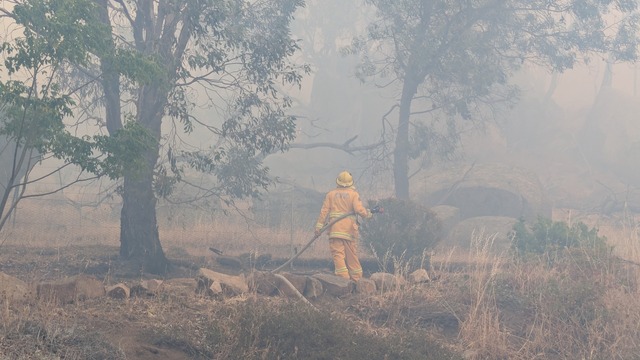Cancelled milestones and missed rites of passage are just some of many impacts Covid-19 has had on final year students, with a Monash University study finding social events play a big role in motivating students to cope with the stresses of year 12.
The study into the experiences of year 12 students in 2020 found that social activities and celebrations that symbolise the completion of school, like valedictory dinners, school formals and 18th birthdays, were not just a question of enjoyment, but also helped students stay motivated and manage their stress during a high-stakes year.
The final year of secondary schooling is an intense and important one for many young people and in 2020 and 2021, Australian year 12 students had to deal with the added disruptions of the Covid-19 pandemic.
Research from the Faculty of Education at Monash University, found the necessary arrangements for Covid-safe learning, such as home schooling and cancelling in-person events, added an extra burden to the normal challenges and stresses faced by year 12 students.
The national study surveyed 241 Australian year 12 students between May and September 2020 and collected insights into how they experienced learning during an extremely disruptive year.
In response to open-ended questions, students shared information about their learning experiences and how these changed circumstances meant that this important and symbolic final year was very different to what they had expected. The findings indicated that the changed arrangements of schooling had far-reaching impacts on the many aspects of learning for those in their final year of school.
Lead researcher, Dr Fiona Longmuir from the School of Education Culture and Society, says productive social interactions and clear expectations contribute to positive and supportive learning relationships which are important for final year students.
“Our findings indicate that positive social connections, access to timely learning support and motivational and celebratory milestones that accompany the hard work of year 12, are valuable not only for understanding how final year students managed in difficult circumstances but also as an insight into teaching and schooling practices and arrangements that might support students in any year,” said Dr Longmuir.
The ways that students fared throughout the year varied, yet most reported hardship as a result of the disruptions.
“Some students felt that the significant challenges would impact their overall achievement, while others were disappointed by the missed opportunities, celebrations and rites of passage that symbolise the completion of compulsory schooling and this impacted their motivation and emotional engagement with learning,” added Dr Longmuir.
“I feel like the lack of having things/events to look forward to and ’bookmark’ weeks is getting very tiring and makes me feel demotivated. It feels like every day just bleeds into one, with weeks and weeks just going on and on with zero breaks or reprieve. With events like formals and Valedictory events cancelled or being moulded to fit social distancing, it feels like we’re missing out on important things that other year groups got to experience,” said one of the participants.
To view the research paper, please visit: https://doi.org/10.1016/j.ijer.2021.101879







